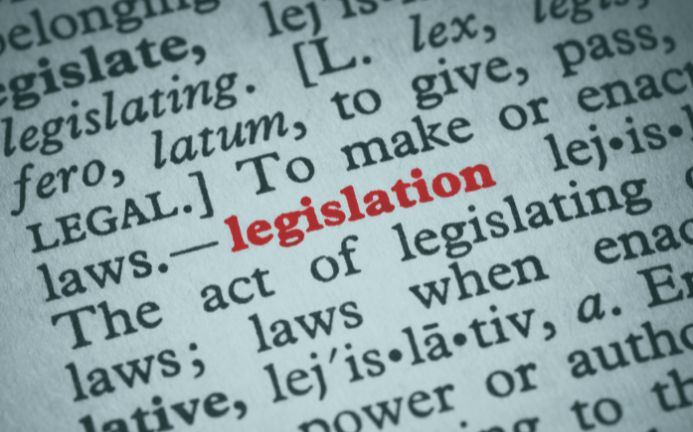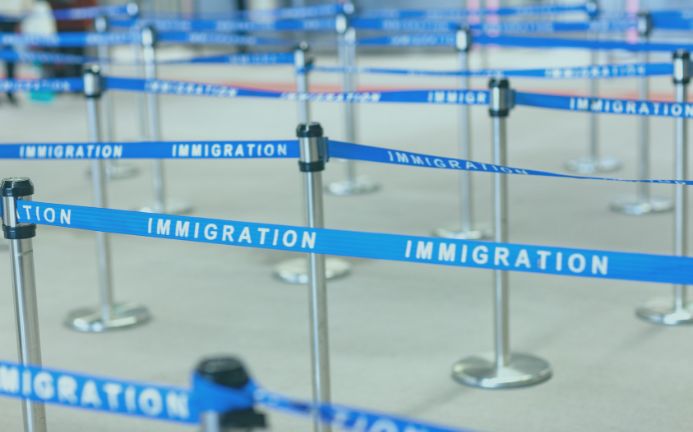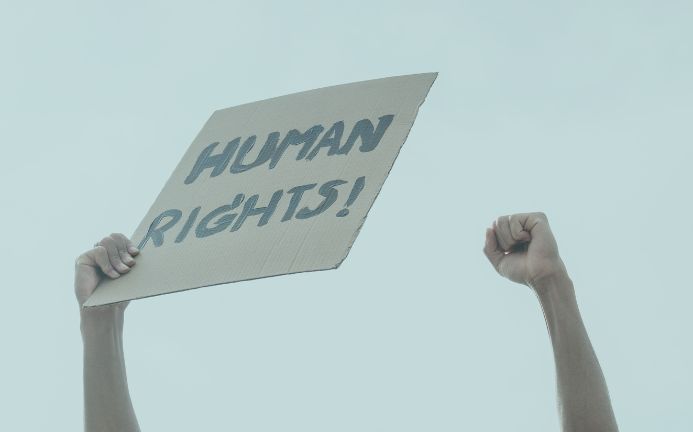
You Choose: Seek Justice as a Migrant Sex Worker
‘You Choose: Seek Justice as a Migrant Sex Worker’ is an interactive campaign in which you step into the shoes of a migrant sex worker. The project highlights the systemic barriers migrant sex workers

Anti-trafficking Laws
In 2005, the Canadian government enacted criminal laws against human trafficking. To this day, despite amendments, these anti-trafficking laws lack a substantive basis in empirical evidence and...

Protection of Communities and Exploited Persons Act (PCEPA) Analysis
The Protection of Communities and Exploited Persons Act (PCEPA) criminalizes many activities related to sex work, putting sex workers at risk of violence, exploitation, and other crimes and human...

Protection of Communities and Exploited Persons Act (PCEPA)
On December 6, 2014, Bill C-36—the Protection of Communities and Exploited Persons Act (PCEPA)—came into force, regulating sex work in Canada with the stated aims of protecting sex workers,...

Legislative Frameworks for Sex Work
Canada’s current legislative framework for sex work is an end-demand model called “partial decriminalization”, or the Nordic Model. Partial decriminalization purports to end the demand for sex work...

Bedford v. Canada
Bedford v. Canada was a case challenging the constitutionality of Canada’s prostitution laws. The initial challenge began in 2007 and the final judgment from the Supreme Court of Canada (SCC) came...

Immigration and Refugee Protection Regulations (IRPR) Sex Work Prohibition Analysis
Impact on Migrant Sex Workers: Migrant sex workers experience multi-layered criminalization. Even if sex work was decriminalized in Canada, migrant sex workers would still be criminalized

Immigration and Refugee Protection Regulations (IRPR) Sex Work Prohibition Charter Violations
The Immigration and Refugee Protection Regulations (IRPR) prohibition on sex work violates the Charter of Rights and Freedoms, specifically Sections 7 and 15.
